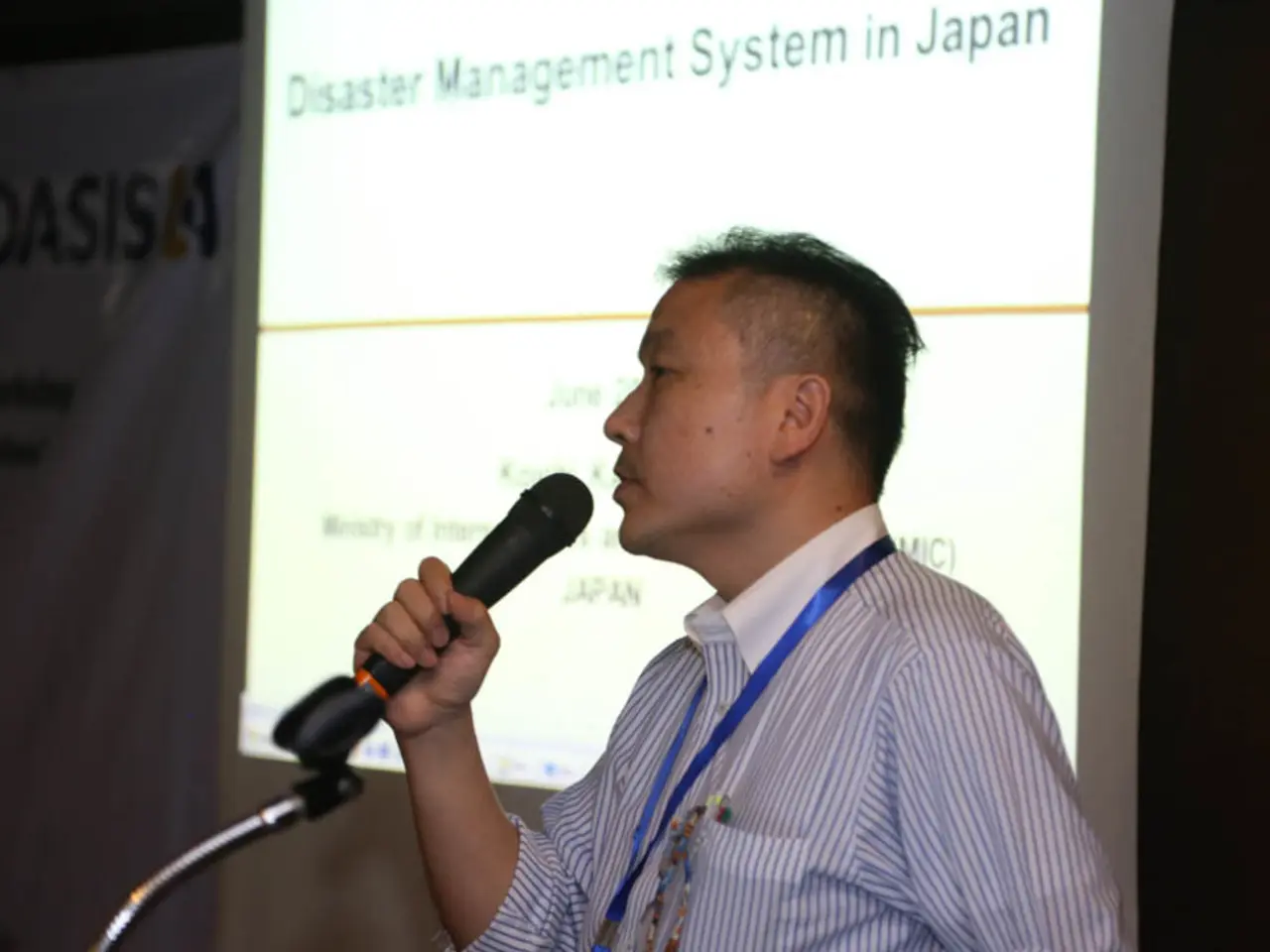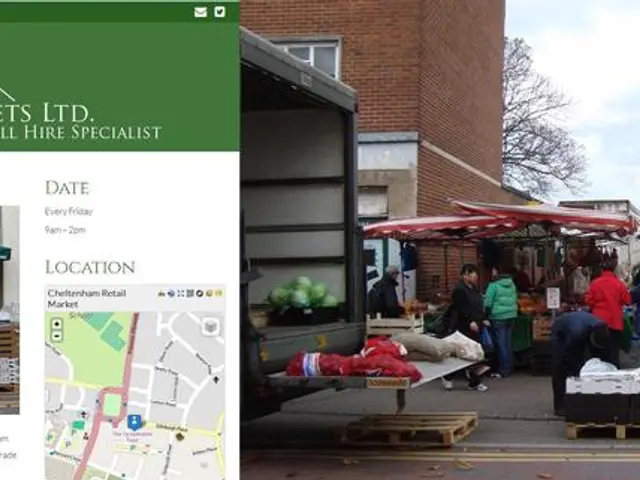World Bank grants $650 million loan for Turkey's disaster management and economic recovery initiatives
The World Bank has approved a $650 million loan for Turkey to support the Istanbul Resilience Project, an initiative aimed at enhancing Istanbul's disaster preparedness, emergency response, and infrastructure resilience against earthquakes and climate risks.
The project, which was approved in 2025, has four main pillars: emergency preparedness and response, public building resilience, technical assistance, and contingent emergency response. The objective is to protect lives, livelihoods, and economic activity in Istanbul, a city that contributes about one-third of Turkey's GDP and houses over 15 million people.
The emergency preparedness and response pillar aims to enhance capacity and protocols to manage disasters effectively. The public building resilience component focuses on upgrading infrastructure to withstand seismic and climate hazards, transforming key public buildings into resilient safety hubs. Technical assistance provides expert support for capacity building and implementation, while the contingent emergency response pillar establishes a mechanism for rapid reallocation of funds to urgent recovery and reconstruction efforts post-disaster.
The Istanbul Resilience Project aligns with Turkey’s 12th National Development Plan, Climate Change Mitigation and Adaptation Strategy, and Istanbul’s Provincial Risk Reduction Plan. It builds on previous disaster risk reduction efforts, including the Istanbul Seismic Risk Mitigation and Emergency Preparedness Project (ISMEP), which was Turkey’s first initiative to retrofit and reconstruct vulnerable buildings and infrastructure.
The impact on Turkey’s economy is significant as Istanbul is an economic hub. Protecting the city’s infrastructure and public services from earthquakes and climate shocks helps minimize disruptions to economic activity, reduce potential losses from disasters, and support sustainable growth. By ensuring continuity and resilience, the project is expected to mitigate risks that could otherwise severely affect Turkey’s economy.
In addition, Turkey has received credit rating upgrades from major agencies, including Moody's first such move in a decade, acknowledging the impact of the government’s rebalanced economic strategy, improved governance, and tight monetary stance.
In May, Turkey expressed interest in seeking more UAE investment in artificial intelligence, and the Syrian-Turkey Business Council has been re-established to promote economic cooperation between the two countries. Turkish and Syrian business leaders have also convened to strengthen economic ties.
The World Bank's country director for Turkey, Humberto Lopez, stated that the project is vital to safeguard Istanbul's people and economy. By strengthening emergency preparedness, modernizing public infrastructure, and supporting community resilience, Turkey is building a safer future for one of its most strategic provinces. The World Bank's investment in Istanbul will help ensure faster and more effective disaster response, while strengthening infrastructure against seismic and climate hazards.
- The World Bank has also been active in other regions, as seen by the $650 million loan approved for Syria in 2025 to strengthen its disaster preparedness and infrastructure resilience against earthquakes and climate risks.
- News outlets worldwide reported on this decision, highlighting Syria's need for support due to its fragile economy and ongoing challenges.
- In parallel, Iraq and Lebanon are grappling with their own climate and energy challenges, prompting a surge in interest for renewable energy solutions and energy efficiency measures in these regions.
- Among world financial institutions, discussions on climate change mitigation strategies and disaster preparedness have become increasingly relevant, with an emphasis on enhancing the resilience of critical sectors such as infrastructure, public buildings, and services.
- Podcasts, forums, and webinars have emerged as popular platforms for experts to share insights and best practices on these topics, fostering knowledge-sharing across borders and promoting a global focus on sustainable development.
- As the business landscape evolves, countries like the UAE stand out as innovators within the clean energy and green finance sectors, attracting investments from companies worldwide and positioning themselves as leaders in the global transition to a low-carbon economy.




